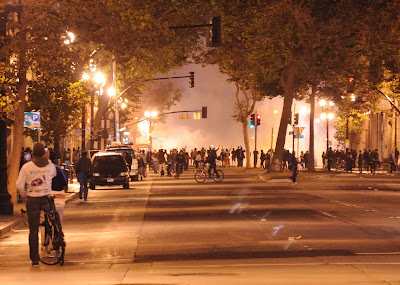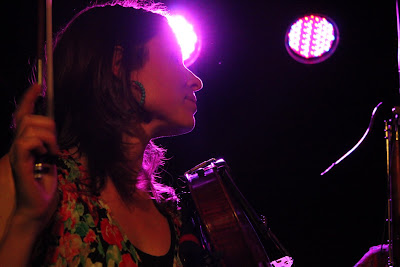I listened to all of these cast albums in about a month. Here's a 6-word observation about each one.
1.
Sweeney Todd - (Angela Lansbury, Len Cariou) - This musical is a masterpiece. Period.
2.
Sweeney Todd - (Michael Cerveris, Patti LuPone) - Stripping it down is often best.
3.
Urinetown - Songs should approach narrative more obliquely.
4.
Avenue Q - The most obvious things are hilarious.
5.
Showboat - I'm glad musicals aren't operatic still. (or) I'm glad Showboat invented the musical.
6.
Oklahoma - Local colloquialisms in song depict place.
7.
You're a Good Man Charlie Brown - Lack of vibrato represents innocence/youth.
8.
Rocky Horror Picture Show - Don't be so wussy about campiness.
9.
West Side Story - Melodic movement and rhythm encode emotion.
10.
Follies - Musical is perfect form for nostalgia.
11.
On a Clear Day You Can See Forever - I love songs about past lives.
12.
Guys and Dolls - American slang is a gold mine.
13.
Crazy for You - Gershwin songs shine in any context.
14.
Rent - Distended vowels can ruin rock songs.
15.
Company - Sondheim loves sixteenths. I do too.
16.
Hair - The tape distortion is just shocking!
17.
A Funny Thing Happened on the Way to the Forum - Worth it for the first song.
18.
Into the Woods - Every melody has its own meaning.
19.
The Fantasticks - Piano centered score's not my favorite.
20.
Annie - Little girls sound amazing singing loud.
21.
In the Heights - Salsa's built-in momentum suits the form.
22.
Carousel - In heaven there will be reverb.
23.
Fiddler on the Roof - Aspiration's the best inspiration for song
24.
How to Succeed in Business Without Really Trying - Highlighting the worst in us all.
25.
A Chorus Line - Musical theater about musical theater works.
26.
Cabaret (Alan Cumming) - Brilliant formal construct. Diegetic is best.
27.
Godspell - Just can't get into Jesus musicals.
I listened to the Original Broadway (or definitive) Cast Recording except where noted.



















